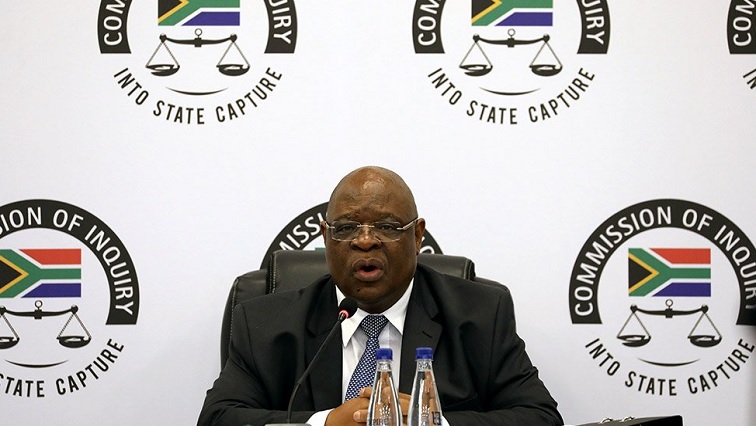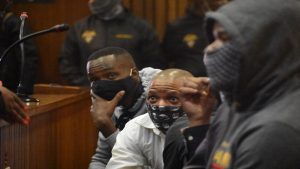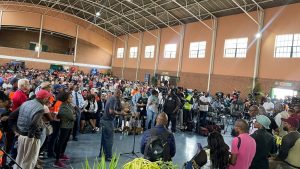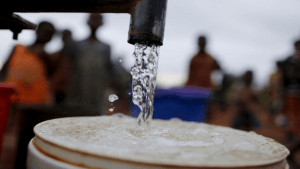The effects of State Capture took centre stage at the UNISA Seminar held in Pretoria. Delegates described it as an international phenomenon that the United States of America and Russia, among others, also used as a vehicle to loot state resources and wealth, all to the disadvantage of the citizens.
Dr Thozamile Botha, a member of the ANC’s Stalwarts and Veterans Group as well as a researcher on Cultural and Linguistic Autonomy, led the dialogue under the theme: “The State capture in world politics, challenges and prospects”.
The phenomenon of State Capture has become one of the burning issues dominating the national discourse in South Africa.
This became more evident particularly against the backdrop of the recent completion and release of the report of the Judicial Commission of Inquiry into Allegations of State Capture.
State Capture Report | Advocate Tembeka Ngcukaitobi gives an in-depth legal perspective:
The probe dealt specifically with corruption and fraud in the Public Sector, including Organs of State.
Political Veteran and Researcher Dr Thozamile Botha pointed out former president Jacob Zuma as one of the country’s leaders who never saw any wrongdoing in the existence of state capture.
Botha has questioned the current outlook of the controversial BEE initiative.
“President Cyril, please, the way the BEE is structured at the moment because it may not necessarily serve the purpose it was meant to be. Now, one of the biggest problems is that sometimes it’s used in a very troubling way. There’s an ongoing storm at the moment. Municipalities are saying in the civil construction, in the townships, for the communities generally, 30% must go to local communities. And you’ve seen the headlines of how this bad this has turned out to be.”
Communities bear the brunt of State Capture. A sentiment echoed by law expert Professor Dorothy Farisani.
“Either way, the resuscitation process is very gross and it’s the taxpayers footing the bill. When it occurs, our community bears the brunt of it. And it is when the corporation or state entity starts to fall apart when services are no longer provided, when people start to loose their jobs that the reality kicks home, as the investigation that follows reveal the activities that occur over a number of years.”
Professor Dirk Kortze has touched on the effects of State Capture particularly the functioning of state institutions.
“The state capture also impacts on state institutions and the capacity of the state. That is another major discussion point that I don’t have time for now. The state capture has its end results that are undermining the state. So, it’s actually the suicidal thing on who’s laying the golden and you actually killing yourself.”
The role of the media in exposing state capture also formed part of the discussion.
Professor Tina Uys from the University of Johannesburg believes the effects of State Capture remains a nightmare to most whistle blowers.
“Unfortunately, the whistle blowers that exposed state capture paid a heavy price for their acts of courage. Typically, they suffered various forms and they are still suffering various forms of retaliation if they have not resigned before they blew the whistle. Of course, that will include constructive dismissals and character assassination.”
Delegates believe the damage caused by State Capture is massive and need urgent intervention in order for the wheels of justice to turn even more faster.
The probe by Judge Raymond Zondo, which lasted for months, costs taxpayers about a R1 billion. Its findings have subsequently fingered among others prominent politicians for possible prosecution.






